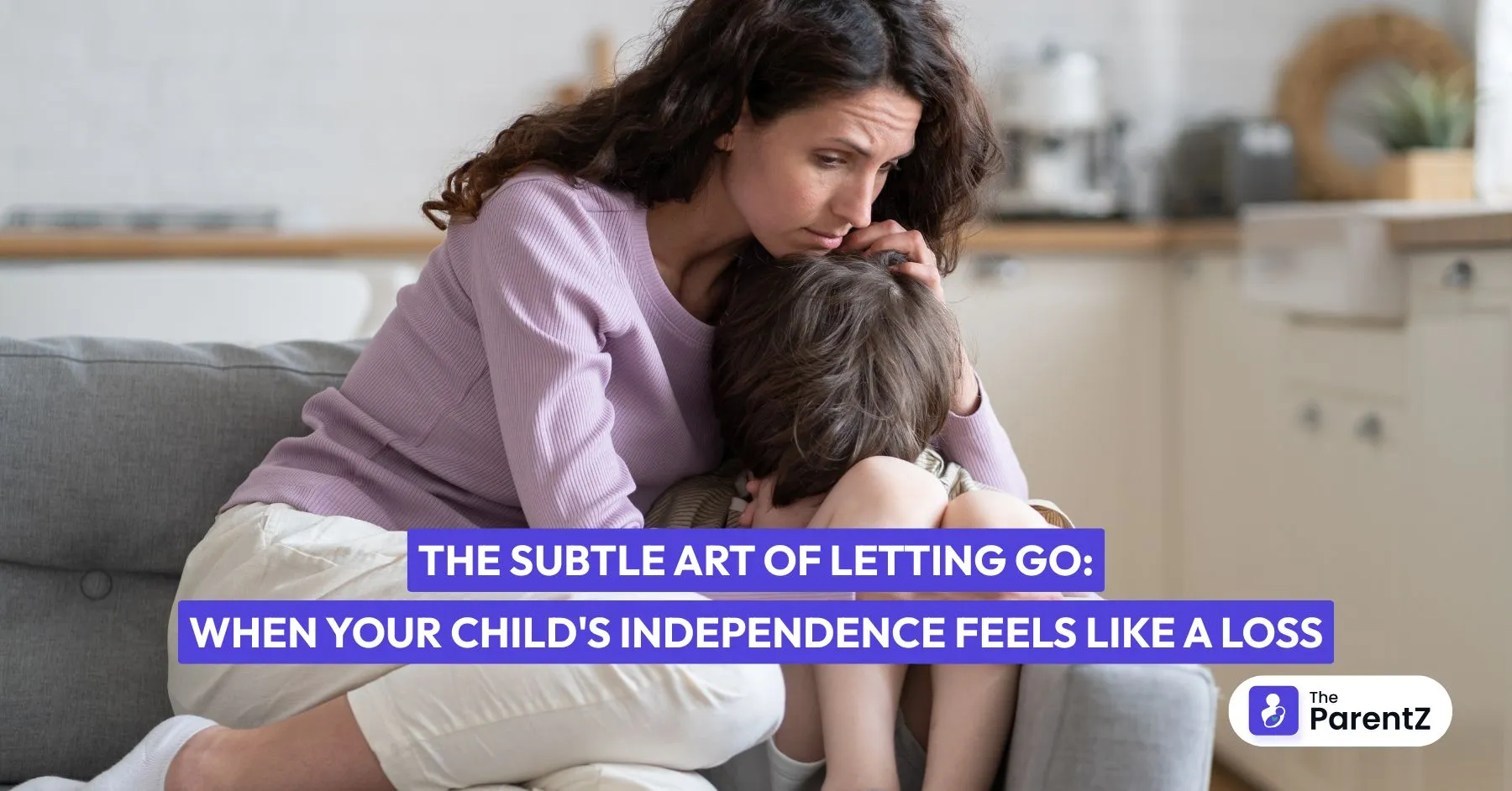Introduction
You cheer as your child takes their first step, ties their own shoelace, or heads off to school without looking back. It’s what every parent wants—growth, confidence, self-reliance. And yet, in those quiet moments afterward, a lump forms in your throat. No one warned you that independence would sting quite like this.
There is a deep emotional irony in parenting: the better you do your job, the more your child will need you less. And that is both beautiful and, at times, heartbreaking.
The Hidden Grief in Growth
No one throws a party for the parent who quietly mourns the baby who used to need them. Society is full of milestones, but little room is given to the emotional transitions parents must go through.
When your toddler insists on feeding themselves or your teen no longer seeks your advice, it can feel like you’re being slowly written out of the script. Not erased, but recast—no longer the main character in their life, but a supporting one. It’s natural to feel a pang of grief, even as you feel pride.
Why It Feels Like a Loss (Even When It’s a Win)
We are wired to protect, to nurture, to be the center of our child’s small universe. But as they grow, that universe expands—and we are no longer the sun around which everything orbits. This shift is subtle and slow, but unmistakable.
Letting go isn't just about releasing control. It’s about reconfiguring your identity as a parent. Who are you when your child no longer needs you the way they once did? Who are you when bedtime stories are replaced by texts or quick check-ins?
These are not signs of failure. They are signs that your parenting worked. Still, they can leave you emotionally adrift.
The Myth of “It Gets Easier”
People say, “It gets easier as they grow up.” But does it? The sleepless nights may pass, but emotional challenges evolve. The physical dependence gives way to emotional distance. Your child still loves you—but in ways that might be less obvious, less frequent, and often, on their own terms.
What used to be “Mommy, come help me” becomes “I’ve got this.” And the silence that follows can feel like absence, even when it’s actually strength.
Redefining Closeness
As children become independent, closeness doesn’t disappear—it just changes form. It’s no longer measured in cuddles or bedtime stories. It’s in the respect they show, the trust they place in you, and the way they quietly carry your values into the world.
Sometimes, it shows in a phone call on a hard day. Other times, in how they treat others. Independence doesn’t erase your impact—it reflects it.
Letting Go Isn’t Giving Up
Letting go doesn’t mean withdrawing love or interest. It means stepping back to allow space. It means resisting the urge to hover and trusting the lessons you’ve already taught.
This is not a passive act. It takes strength, intention, and sometimes, restraint. It’s easy to step in and solve things—but growth often comes from letting children figure it out themselves.
And in that space, your role changes—from fixer to guide, from protector to cheerleader. You’re still there—just in the background, where you can offer safety without smothering.
Making Peace with the Shift
It's okay to miss the earlier days. It’s okay to feel a twinge of sadness when your child chooses friends over family time, or when they go days without needing your help. These feelings don’t make you needy. They make you human.
Instead of pushing away those emotions, name them. Let yourself feel them. Then gently remind yourself: this was always the goal. You were never raising a child—you were raising a future adult.
Finding Yourself Again
With each step your child takes away from you, there's an opportunity to return to yourself. To rediscover who you are beyond being a parent. What passions have been on pause? What friendships have gone quiet? What version of you have you missed?
Letting go creates space—not just for your child to grow, but for you to re-expand into the parts of yourself that were placed on hold.
Conclusion
Watching your child become their own person is one of the quietest heartbreaks and greatest honors of parenting. The subtle art of letting go isn't about loving less—it’s about loving wisely. Holding space while releasing control. Being near, even when you’re not needed every moment.
Because ultimately, letting go is not the end of parenting. It’s just a different kind of beginning—one where your child walks ahead, but always carries you with them.





Be the first one to comment on this story.